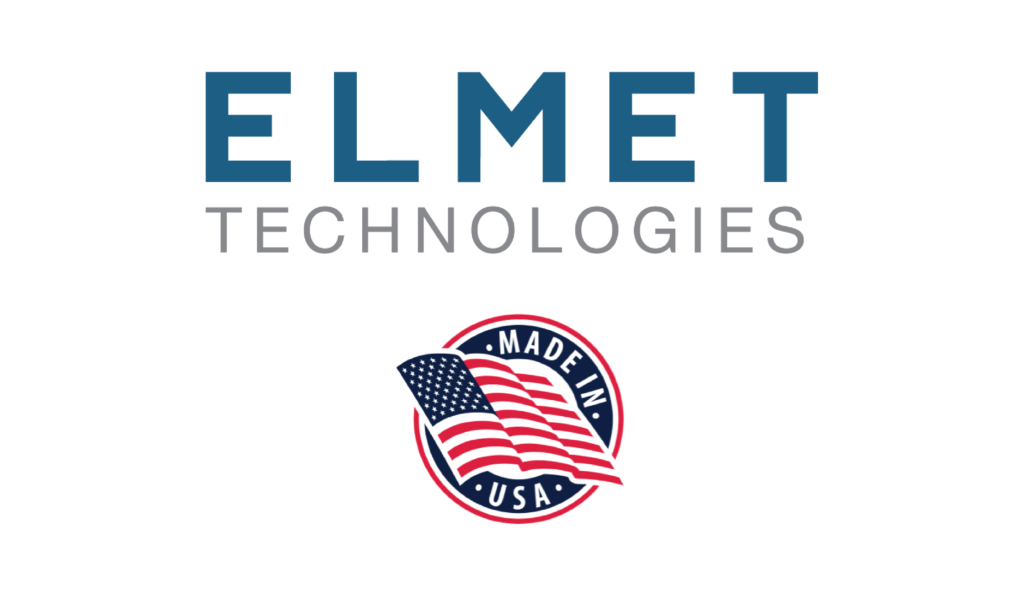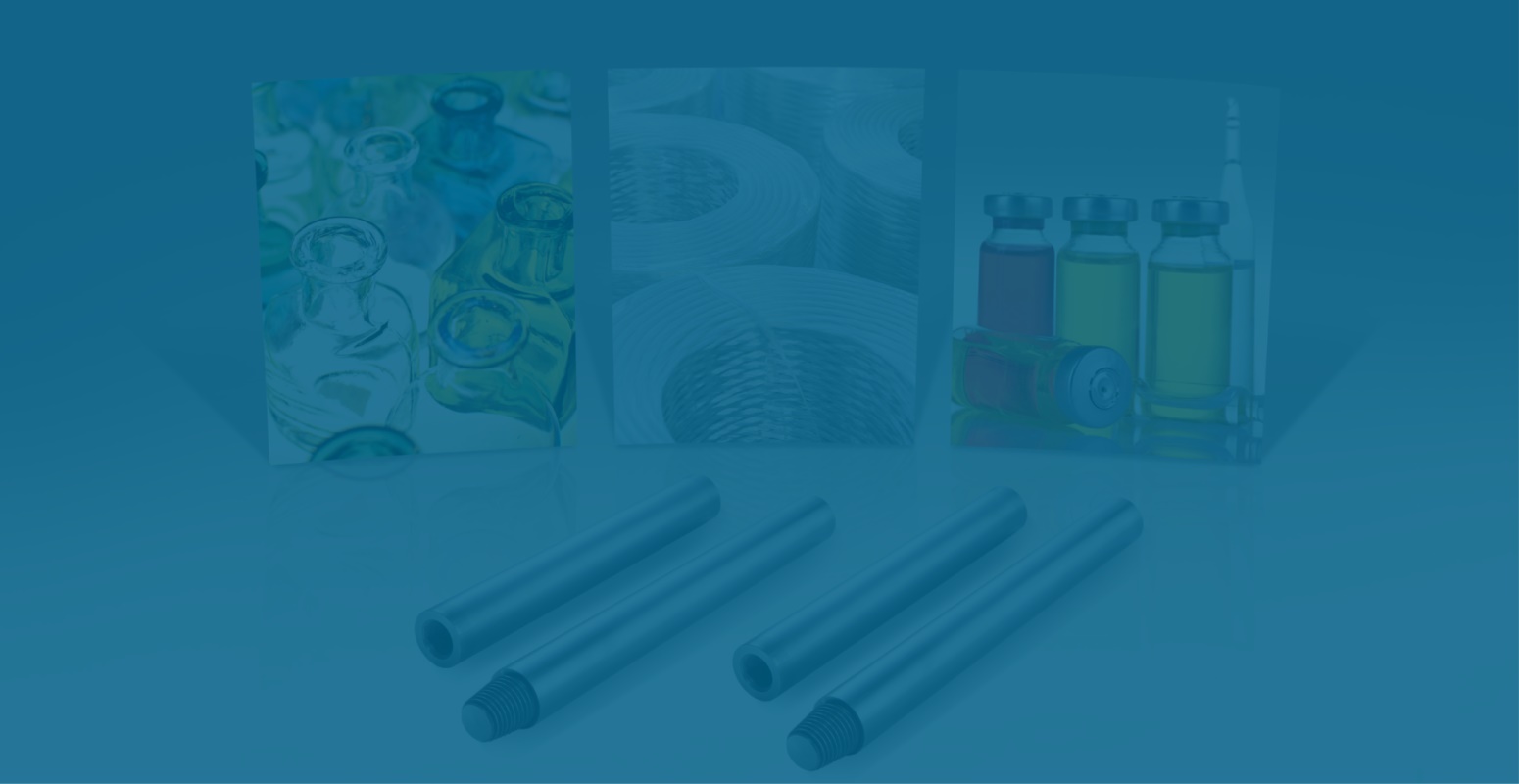
Benefits of Glass Melting Electrodes
Understanding the benefits of glass melting electrodes is essential for optimizing the efficiency and longevity of glass furnace operations. At Elmet Technologies, we specialize in producing high-performance and high-quality electrodes. Our designs not only meet the demanding requirements of glass manufacturing operations, but they can improve efficiency, longevity, and performance.

Some benefits of utilizing Elmet Technologies’ glass melting electrodes includes: a more homogenous melt with optimum quality, higher energy efficiency, lower capital cost per unit of capacity, and more flexibility and control over your glass melting processes.
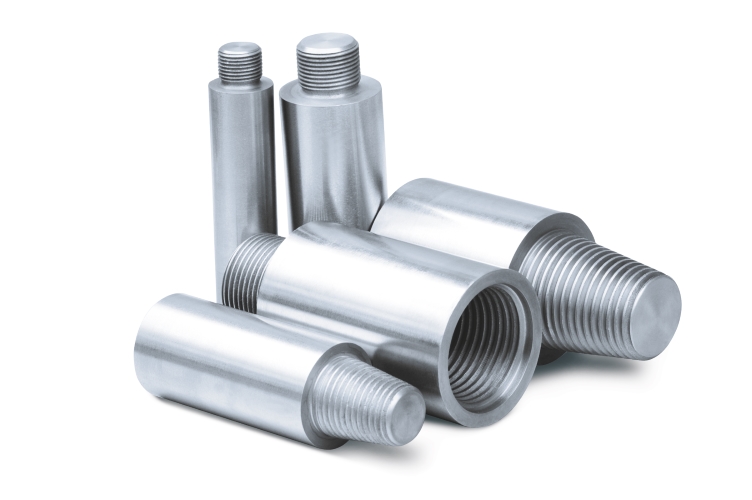
What Are The Main Benefits of Glass Melting Electrodes?
When it comes to glass manufacturing, choosing the right electrode material can make a significant difference. The main benefits of utilizing glass melting electrodes are related to temperature resistance, electrical conductivity, corrosion and oxidation resistance, and extending equipment lifespan. In addition, superior glass melting electrodes can even improve glass purity and quality.
Benefits of Partnering with Elmet
- We are the only 100% U.S.-owned and operated, fully integrated manufacturer
- Deep applications knowledge with advanced materials and technical expertise
- Large and growing production capacity at 3 U.S. facilities with unique capabilities
- Fast delivery on standard sizes with the ability to develop custom solutions rapidly
- With Elmet, you get the highest quality molybdenum direct from the manufacturer
- Access to extensive technical support with a team dedicated to customer success
- Process begins with our own metal powder, we tightly control quality through each step
About Elmet
Founded in 1929 in Lewiston, ME, USA
We have 3 U.S. manufacturing sites: Lewiston, ME; Coldwater, MI; Euclid, OH
Our key materials include: Mo, W, Nb, WHA, TZM, WRe, MoLa, and more
We are registered to quality-certified systems of ISO9001, AS9100, and ITAR.
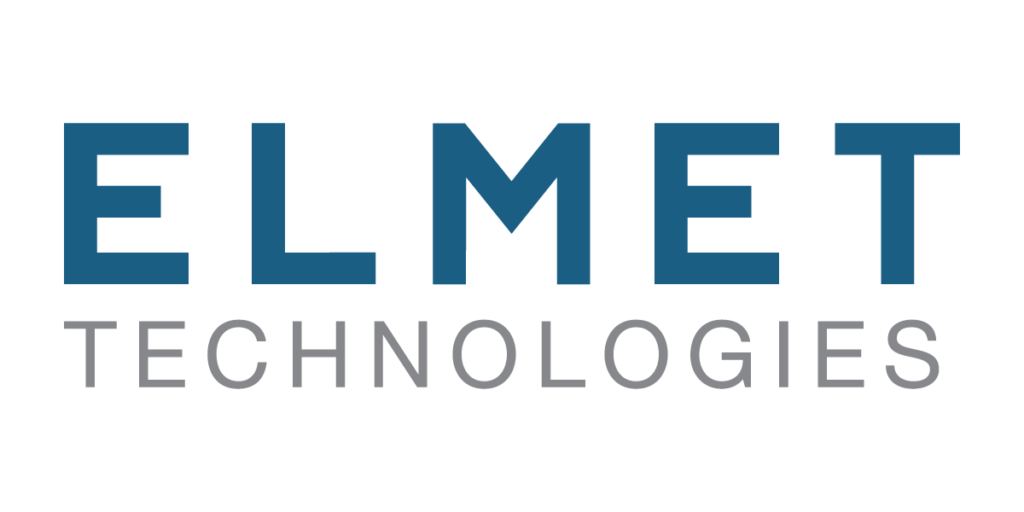
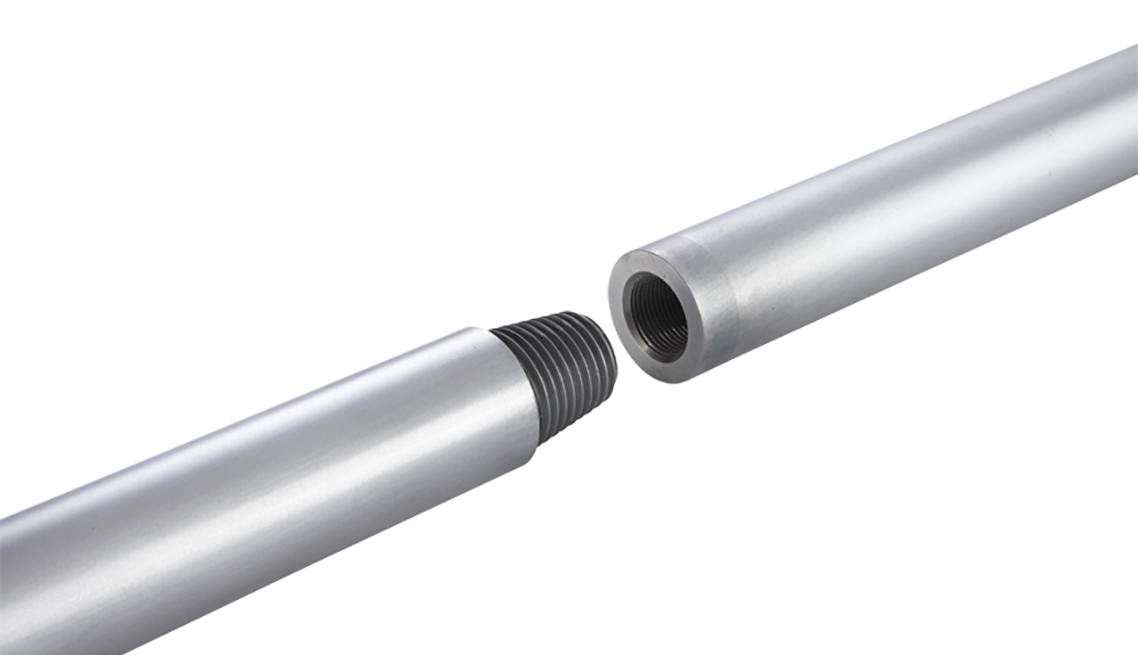
Benefits of Glass Melting Electrodes With Tapered Threads
Elmet Technologies glass melting electrodes are available with a unique feature. We offer a tapered thread version to provide even more benefit. These electrodes offer a 60% reduction in connection time, with their self-sealing features to reduce the risk of misalignment. In addition, they are not as prone to galling. Converter electrodes are available for changing between electrodes as well.
5 Reasons To Use High-Quality Glass Melting Electrodes
By using high-quality glass melting electrodes, manufacturers can achieve greater efficiency, reduced costs, and superior product quality in their glass production processes. Glass manufacturers and furnace OEMs can also expect more flexibility and control, fewer environmental emissions, and lower maintenance costs.
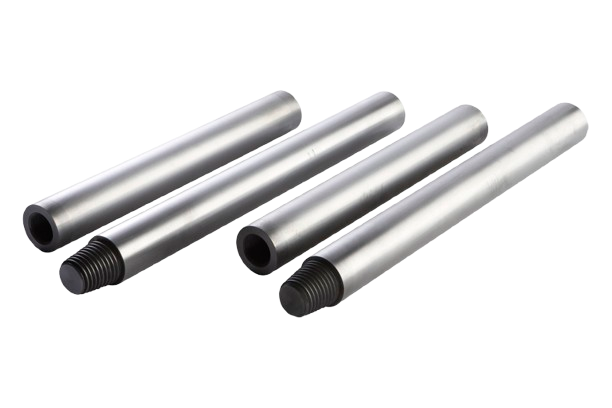
1. High temperature resistance
Molybdenum electrodes can withstand extreme temperatures without melting or degrading, ensuring durability and reliability in glass melting furnaces.
2. Excellent electrical conductivity
These components efficiently transfer electrical energy, reducing energy waste, and improving overall furnace performance.
3. Corrosion and oxidation resistance
Whether using pure Mo or premium MoZrO2, these materials are designed to resist chemical reactions with molten glass and other agents in furnace environments, ultimately leading to longer surface life.
4. Improvements to glass quality
Choosing the correct electrode material and supplier, contamination can be minimized, which ensures more pure and consistent glass production.
5. Extended equipment uptime and lifespan
Durable materials like molybdenum reduce the frequency of replacements, downtime, and maintenance costs.
A Global Leader In Molybdenum Glass Melting Solutions
Elmet Technologies has decades of experience in manufacturing refractory metals, ensuring our glass melting electrodes meet the highest industry standards. Our commitment to quality, innovation, and customer support makes us a trusted partner and resource for glass manufacturers worldwide.
